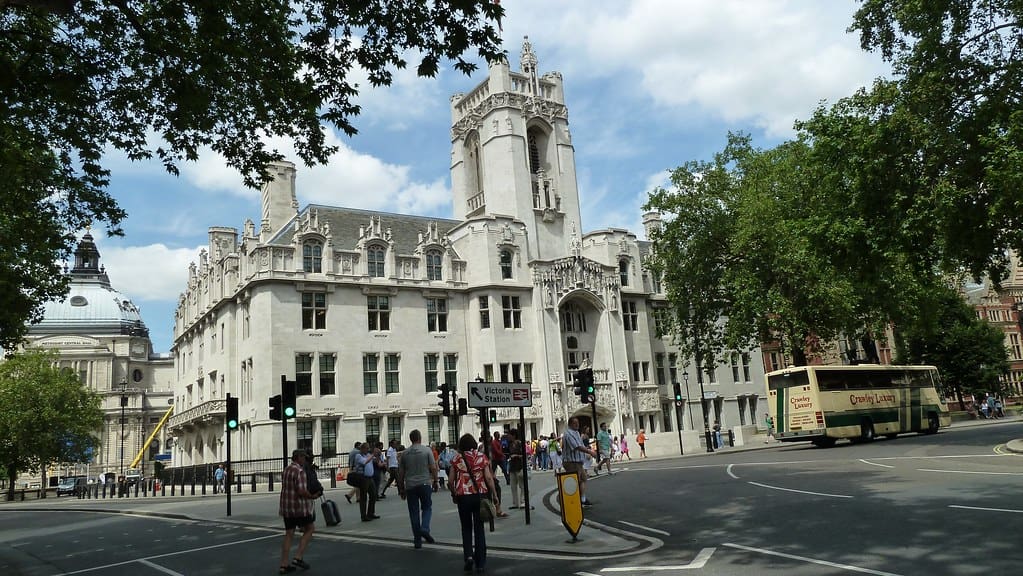The UK Supreme Court has heard argument over two days in the case of George v Cannell and another. The question the Court has to decide is – What does a claimant need to demonstrate to rely on s3(1) of the Defamation Act 1952 in a claim for malicious falsehood?
The Facts
The respondent sued the appellants for libel, slander and malicious falsehood. The respondent had worked as a recruitment consultant for an agency, the second appellant, owned and operated by the first appellant. After the respondent moved to a different agency, the first appellant spoke to one of the respondent’s clients and sent an email to her new employer alleging that she was acting in breach of restrictions in her contact with the second appellant which prevented her from contacting their clients. This appeal to the Court concerns the claim for malicious falsehood.
The claim for malicious falsehood was dismissed at trial on the basis the respondent had not proved special damage as required by the common law or demonstrated that her case fell within an exception to that requirement contained in s3(1) of the Defamation Act 1952.
The Court of Appeal overturned that finding.
Our Intervention
Media Defence was granted permission to intervene in the case and filed written comments submitting that the Court of Appeal’s narrowly focused test for s.3(1) of the Defamation Act 1952 makes malicious falsehood a more attractive cause of action in cases where there has been little or no loss or other harm. Our concern is that this interpretation will result in an unacceptable chilling effect on the exercise by the press of its right to free expression.
Our intervention can be found here.
For more information contact our Legal Director Pádraig Hughes at padraig.hughes@mediadefence.org
Recent News
World Press Freedom Day Side Event: Profiling and surveillance, a renewed challenge to freedom of expression
From May 2-4 2024, UNESCO and the government of Chile will host the 31st edition of World Press Freedom Day in Santiago. The global commemorative conference commemorates the vital role of journalism and information access in fostering a sustainable future that upholds diversity of voices. Media Defence is organising a side event at the conference […]
Landmark Ruling: Kenya’s High Court Declares Colonial-era Subversion Laws Unconstitutional
Media Defence welcomes the verdict of the High Court in Nakuru, striking down sections of the Kenyan Penal Code which criminalise subversion, citing them as relics of colonial oppression that curtail freedom of expression. Justice Samwel Mohochi, delivering the judgment, asserted that these provisions were overly broad and vague, stifling dissent rather than serving any […]
UN Rapporteurs Call for Protection of Brazilian Journalist Schirlei Alves
UN Rapporteurs Call for Protection of Brazilian Journalist Schirlei Alves Amid Defamation Charges Stemming from Rape Trial Coverage A letter dispatched by UN rapporteurs to the Brazilian Government calls for protective measures for women journalists covering cases of sexual crimes. The letter also denounces the conviction of Brazilian investigative journalist and women’s rights defender, Schirlei […]



